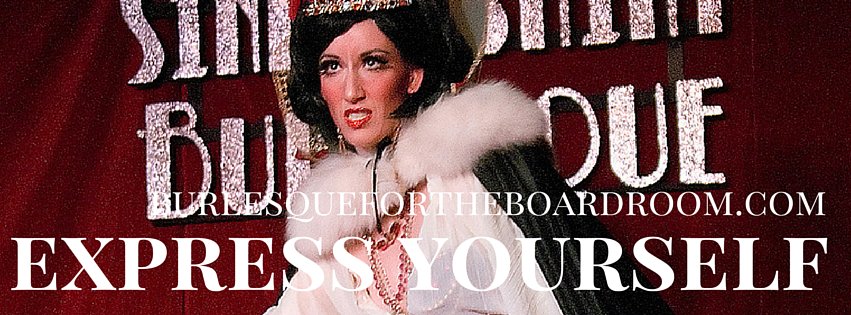The American Psychological Association has taken a look at anger across the gender divide. In the 90s, Thomas conducted the Women's Anger Study that revealed three common roots to women's anger: powerlessness, injustice and the irresponsibility of other people. Raymond DiGiuseppe, Ph.D.'s research at St. John's University in New York showed that women were found to be angry longer, more resentful and less likely to express their anger, compared with men.
UCSF looked at a comparison of anger expression between men and women. While they found that women seem more comfortable holding anger in, they act on their feelings when the situation calls for it. “Women may be uncomfortable with feeling angry, but when you get right down to it, they often act on their anger just as well as men do,” said Deborah Cox, Ph.D.
What is the biggest mistake I see women making when they're angry? Smiling.
In my work, I've found it common for women to smile when they are frustrated or angry. Here’s why this is a problem.
First, common communication statistics cite that only around 7% of communication is through the words we use. While the statistics vary, what they have in common is that the majority of communication is nonverbal.
If you're angry, or say you are angry, but then display a smiling face, you are sending a mixed message.
As a result, people might not know take your seriously, might not trust you, and might not think it is okay for them to express themselves truthfully around you.
There are many reasons why people disguise their anger. You might not want to offend someone, or you might have been taught that anger is not appropriate to express.
Women often struggle expressing their anger in professional settings. Even if you choose to soften your external expression of anger, I believe it is important to be congruent and authentic with what you are feeling.
Being congruent means matching your face and body language to what you're feeling. Being authentic means expressing what is true for you in that moment.
Keep an ear out for sarcasm. When people are being sarcastic, they are often using words that don't match what they are actually feeling. In a way, this also occurs when your facial expression doesn't match what you are truly feeling.
One thing you can do to start becoming more aligned (congruent and authentic) is to reflect on why you may or may not fully express your anger.
- Are there certain people or circumstances in which you minimize or disguise your expression of anger?
- Can you remember the first time you learned not to express your anger, and what the repercussions were if you did?
- Can you also think of times when it is absolutely essential to express your anger - when you feel zero resistance to expressing yourself?
- When you feel confident and empowered to express your anger, what conditions or skills make that possible?
- Make a list of all the reasons you should be and express your anger.
I want to highlight the importance of choice and awareness in this conversation. There may be times when it is not safe for you to express your anger, or times when you decide not to express your anger due to a tenuous relationship.
I’m not suggesting you express yourself anger all the time to everyone at full intensity. I am suggesting however, that you are aware of when you feel angry, how you present yourself to others, and that you know the risks and benefits of doing so.
Anger can be scary to express, but it's an important and valid feeling, just like all the rest.
Anger often gets a reputation as a destructive, harmful and negative emotion. It can be a cue that something is unfair, unjust or unsafe and needs to be changed.
Your anger deserves to be heard and respected. You can start by listening to it and respecting it yourself.
...Need inspiration? Take a look at this, and consider that you might be beautiful when you're angry.


 RSS Feed
RSS Feed
